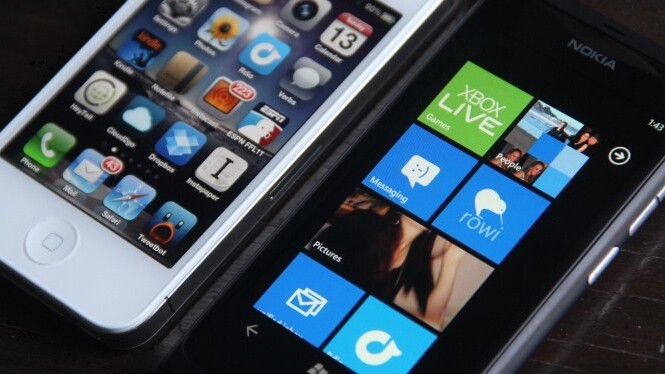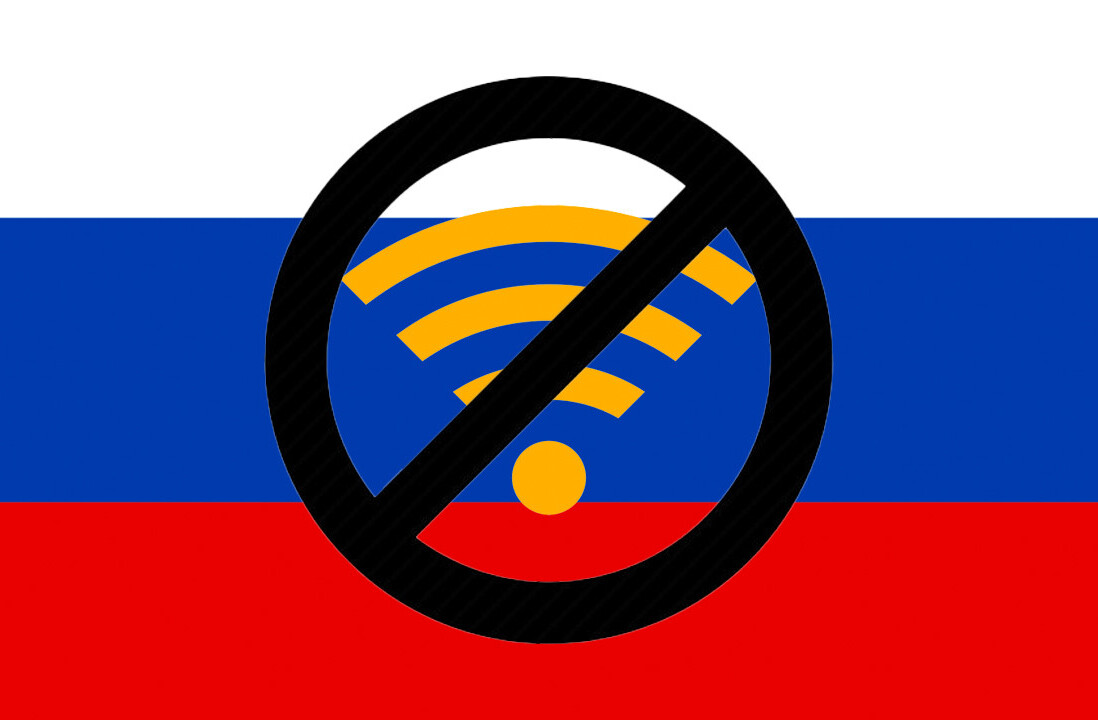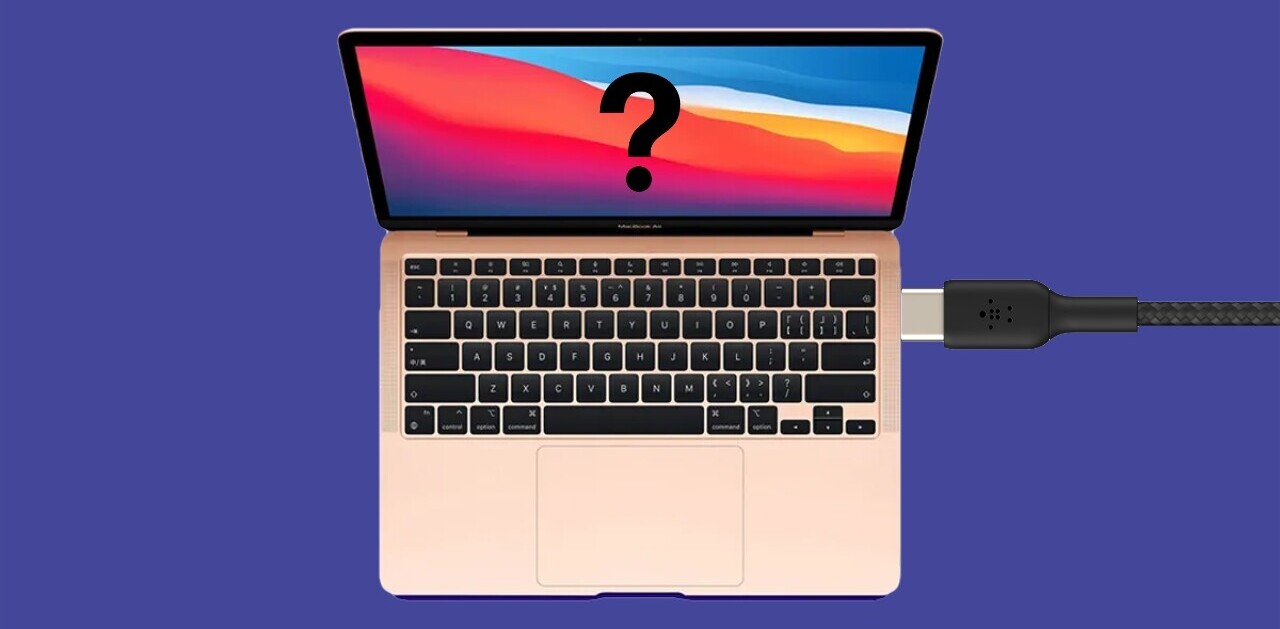
Given fresh information, it appears that Nokia is storming the Windows Phone world, gobbling up market share that had previously belonged to other original equipment manufacturers (OEMs). It’s not difficult to come to the conclusion that the Windows Phone pie has grown in the last six months, but it is also simple to see that Nokia’s rise could be negatively impacting its rival OEMs.
Our data comes from OccasionalGamer, which has tracked over one million app installs on the Windows Phone platform. Among second generation Windows Phone devices, current estimated market share is as follows:
- Nokia: 45%
- HTC: 40%
- Samsung: 12%
- Fujitsu: 3%
In terms of total share, again according to OccasionalGamer, HTC controls some 55% of all sold Windows Phone devices, and Nokia 4%. This indicates that while Nokia has blown past its competition in terms of new handset sales for the second generation of phones, HTC retains, for the forseeable future, a lead in total install base size. However, given that Nokia has manged to so quickly claim the top position, it could put pressure on Samsung and even smaller players to perhaps put less into Windows Phone, given that a new player is consuming much of its sell-through.
Nokia has enjoyed a mountain of free press on its Lumia line of phones, nearly all of it positive. HTC’s latest offering, by comparison, has been nearly ignored. The company’s new Windows Phone, the HTC Titan II is a very capable handset, and one that should carry the OEM for the year in the US market, but it appears set to play second fiddle to Nokia’s Lumia 900, which is to be sold on the same carrier. Nokia has come from zero and stolen HTC’s crown, in the space of just a few months.
What we don’t know is how much Windows Phone has grown. If the total Windows Phone market grew by 100% year over year (we don’t think that it did), then HTC is selling more handsets than ever. But if it has suffered a double-digit decline in market share (from 55% to 40%, roughly), it’s not impossible to envision a scenario in which its total Windows Phone revenue is essentially stagnant, even if Windows Phone has grown.
Nokia is doing well, but will its success in such a small category push out other players? HTC and Samsung are unlikely to exit, but other OEMs may. For now, Windows Phone is a three company game.
Get the TNW newsletter
Get the most important tech news in your inbox each week.




